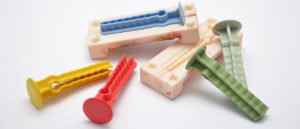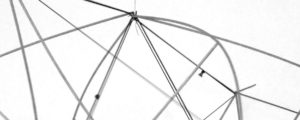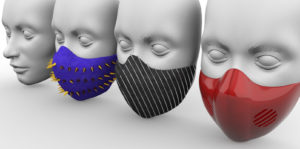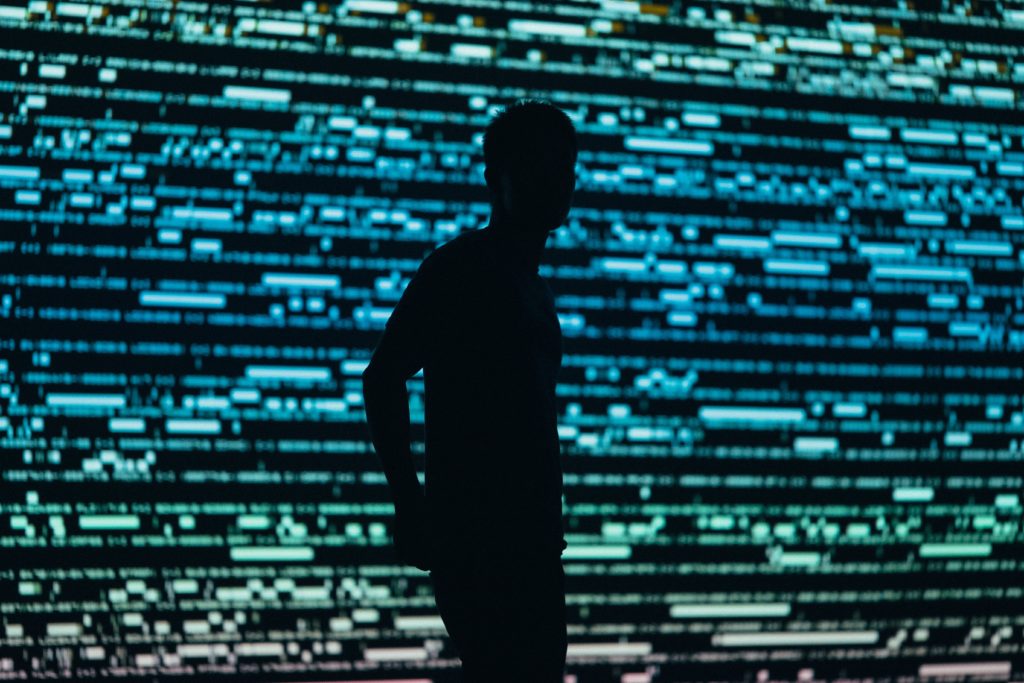GRUNDLAGEN DER KONSTRUKTION MIT DER COMPUTER AIDED DESIGN SOFTWARE „SOLID WORKS“ / PFLICHTSEMINAR 4. SEMESTER
Vertiefung der Konstruktion mit Solid Works, mit besonderem Fokus auf Kunststoff-Spritzguss-Konstruktionen sowie deren Überprüfung und Optimierung durch Nutzen der Parametrik.
Termine: 21.04., 28.04., 12.05., 26.05., 09.06., 23.06., 30.06.
Lehrbeauftragter:Ludwig Voigt
Ort: Online Seminar
Zeit: 10:00 – 13:00
Start: Mittwoch 21.04.
Anmeldung
über diesen Link: Anmeldeformular CAD Begleitkurs





